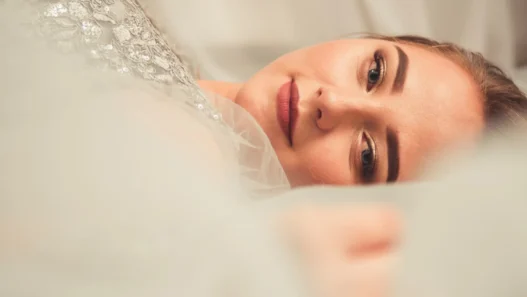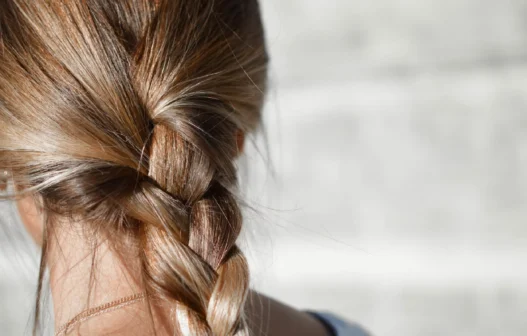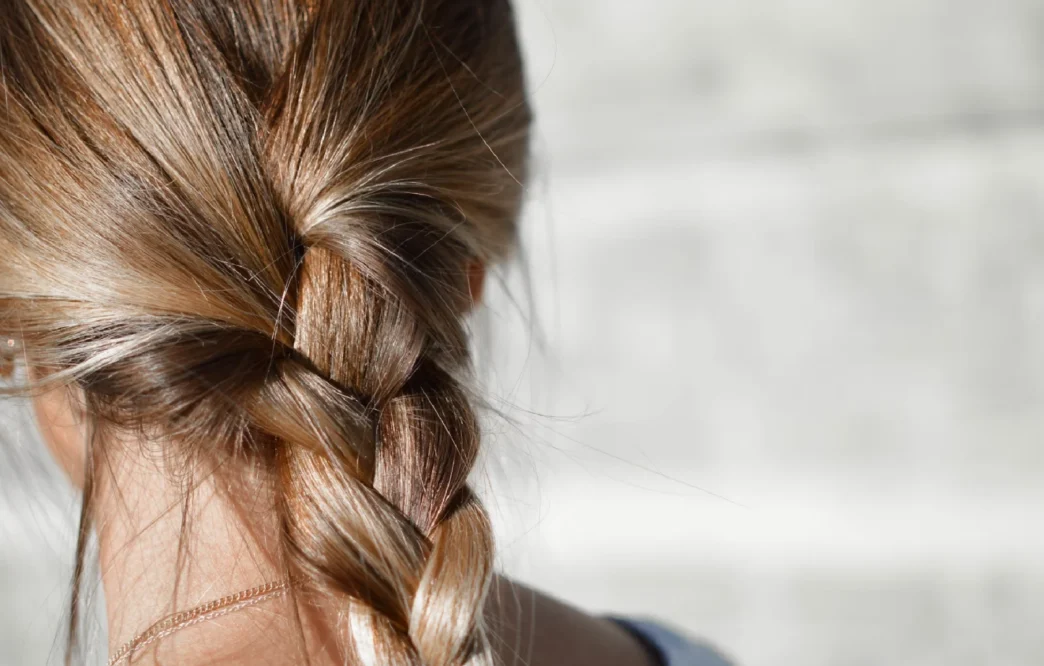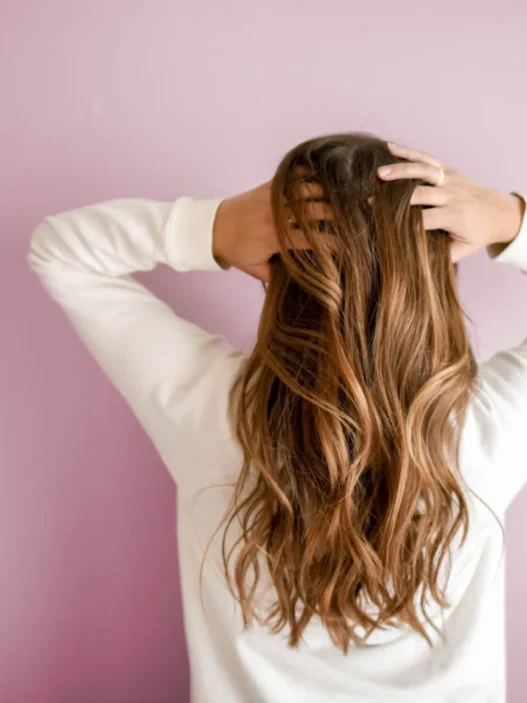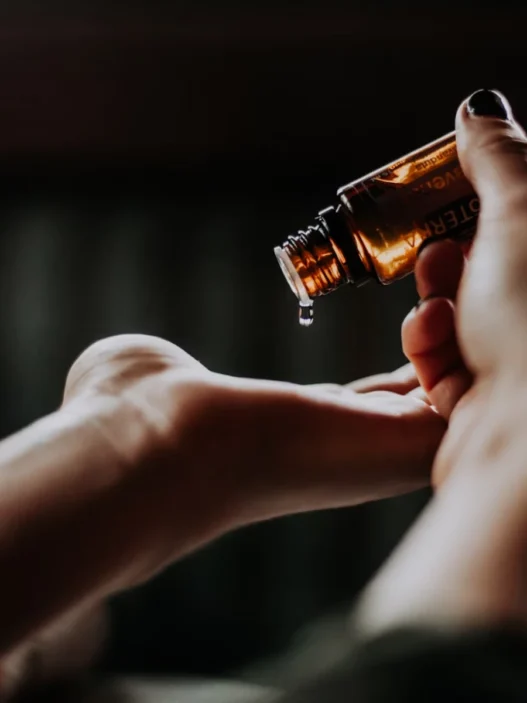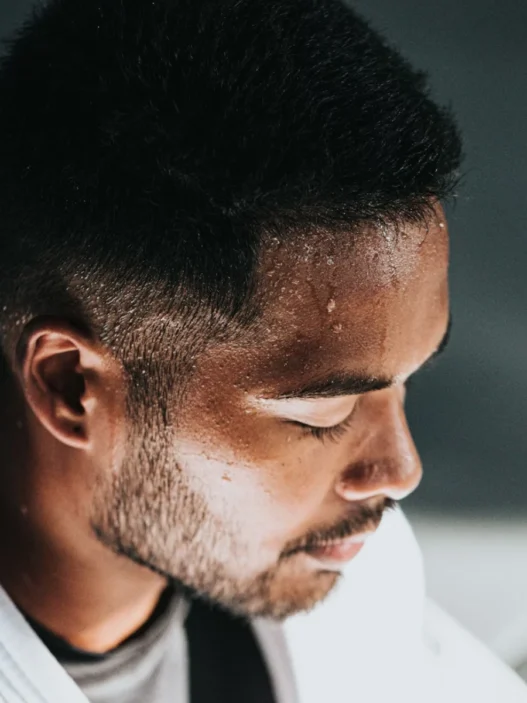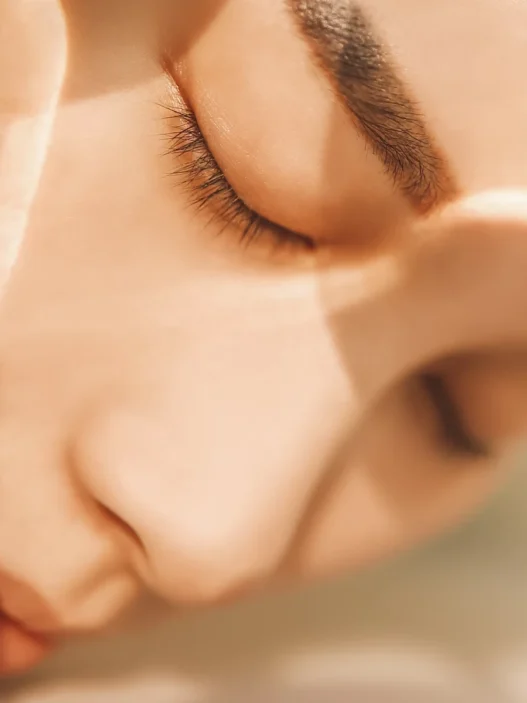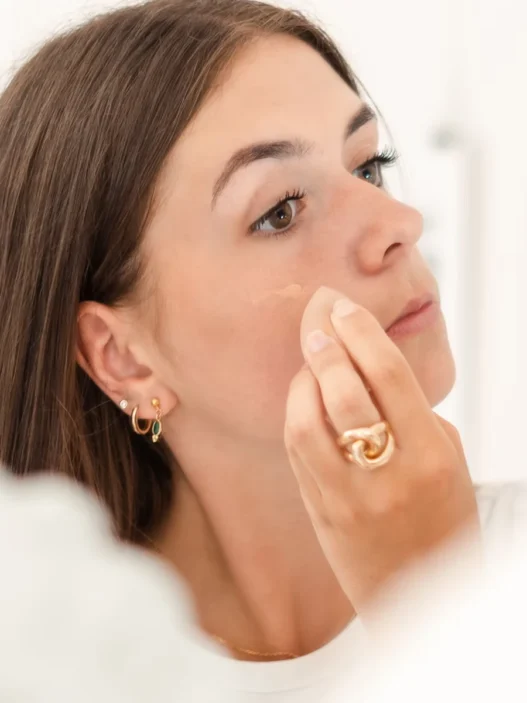A healthy scalp is the base for strong, shiny, and resilient hair. Much like rich soil is essential for growing thriving plants, your scalp creates the environment that determines how well your hair grows, retains moisture, and resists breakage. When the scalp is clean, balanced, and well-nourished, it encourages hair follicles to function at its best—promoting natural hair growth and reducing common issues like dandruff, thinning, and split ends.
Neglecting scalp health can lead to blocked follicles, excess oil buildup, and inflammation—conditions that often result in hair fall or stunted growth. If you’re struggling with dull strands, flakes, or excess shedding, it’s time to shift the focus from just hair masks and serums to a complete scalp care routine.
The GCC Climate Challenge: Heat, Humidity & Hard Water
Living in the Gulf means your hair and scalp face unique environmental stressors year-round. The GCC region—including the UAE, Saudi Arabia, Kuwait, Bahrain, Oman, and Qatar—is characterized by extreme heat, arid weather, and widespread use of desalinated hard water, all of which can severely affect hair and scalp health.
High temperatures and constant exposure to air conditioning can lead to scalp dehydration, flakiness, and sweat-induced oil imbalance. Hard water, common in cities like Dubai and Riyadh, contains minerals such as calcium and magnesium that coat the hair shaft and scalp, making it difficult for shampoos to lather and leading to product buildup and itchiness. Add to that frequent sun exposure and swimming pool chemicals, and it’s no wonder scalp irritation and hair breakage are among the biggest hair concerns in the region.
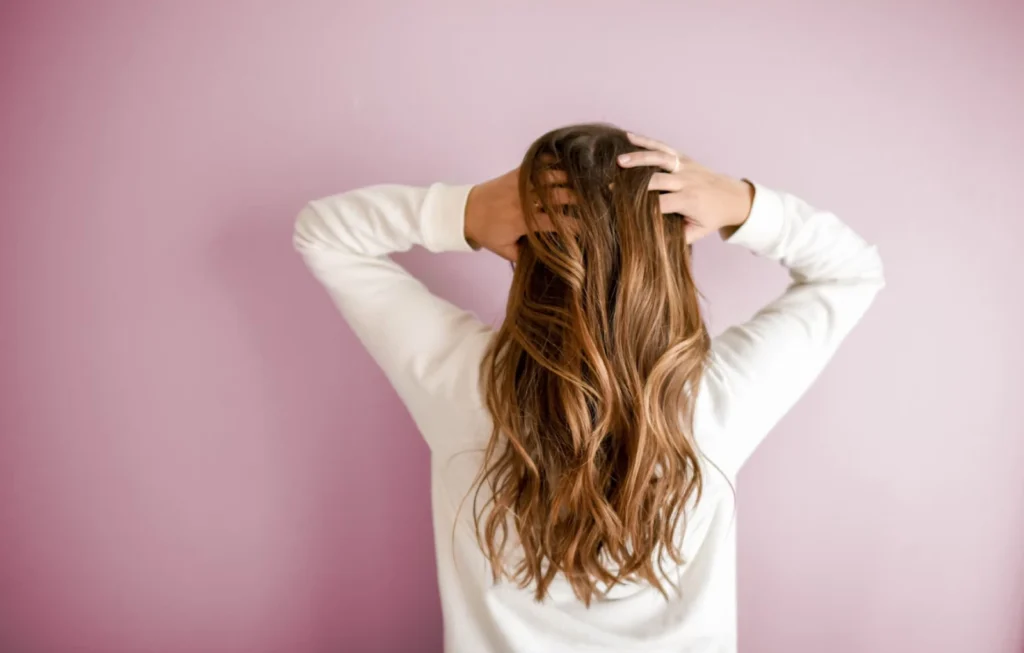
Hair Types Common in the Gulf Region
GCC residents come from richly diverse ethnic backgrounds—Arab, South Asian, African, and European—each with unique hair textures and needs.
Each hair type interacts differently with local climate and care routines. For example, curly and coily hair textures are naturally more prone to dryness and may need weekly deep conditioning, while oily or fine hair may require more frequent but gentle washing to avoid excess sebum buildup. A “one-size-fits-all” approach simply doesn’t work in the Middle East’s varied beauty landscape.
Pro tip: Use a clarifying shampoo to detox your scalp from hard water residue. Start once a week then increase the frequency (twice a week, for starters), based on your scalp’s tolerance.
Understanding Your Scalp Type: Why It Matters
Before setting your wash routine, it’s crucial to identify your scalp type. Is your scalp flaky or itchy? Does it get oily quickly? Do your roots feel greasy while your ends remain dry? These are clear signs of how your scalp’s oil production and barrier function are behaving.
- Oily Scalp: Produces excess sebum, may experience frequent buildup, prone to dandruff.
- Dry Scalp: Tight, itchy, flaky, often worsened by dry air and hard water.
- Combination Scalp: Oily at the crown, dry at the nape or ends.
- Normal Scalp: Rarely greasy or dry; balanced moisture and sebum levels.
Pro Tip: Use a scalp diagnostic tool or consult with a trichologist in the GCC if you’re unsure. Many salons in Dubai, Riyadh, and Doha now offer scalp mapping consultations.
Wash Frequency & Scalp Care (Based on Expert Advice)
A healthy scalp is the foundation of vibrant, long-lasting hair—and one of the most overlooked factors in achieving this is your hair-washing frequency. Whether you’re struggling with excess oil, product buildup, dryness, or irritation, understanding your scalp type is key to crafting the right cleansing routine.
Read on to find out more about different scalp types, how to care for them and our top product recommendations according to your scalp type:
Fine or Oily Scalp: Wash Every 2–3 Days (or More Frequently if Needed)
If you have a fine or oily scalp, you may notice that your hair looks greasy even a day or two after washing. This is because fine hair strands are easily weighed down by natural sebum and external pollutants, especially in humid climates like the UAE, Qatar, or Saudi Arabia.
According to dermatologists and top hair stylists, washing your hair every 2–3 days—or even 5–6 times per week—is recommended to keep your scalp clean and prevent clogged follicles. Overwashing with harsh cleansers can strip the scalp’s natural protective barrier, leading to rebound oiliness.
Using a clarifying shampoo or scalp-focused cleanser can help eliminate excess oils without drying out your hair shaft. Look for lightweight, sulfate-free shampoos that purify the scalp without causing irritation.
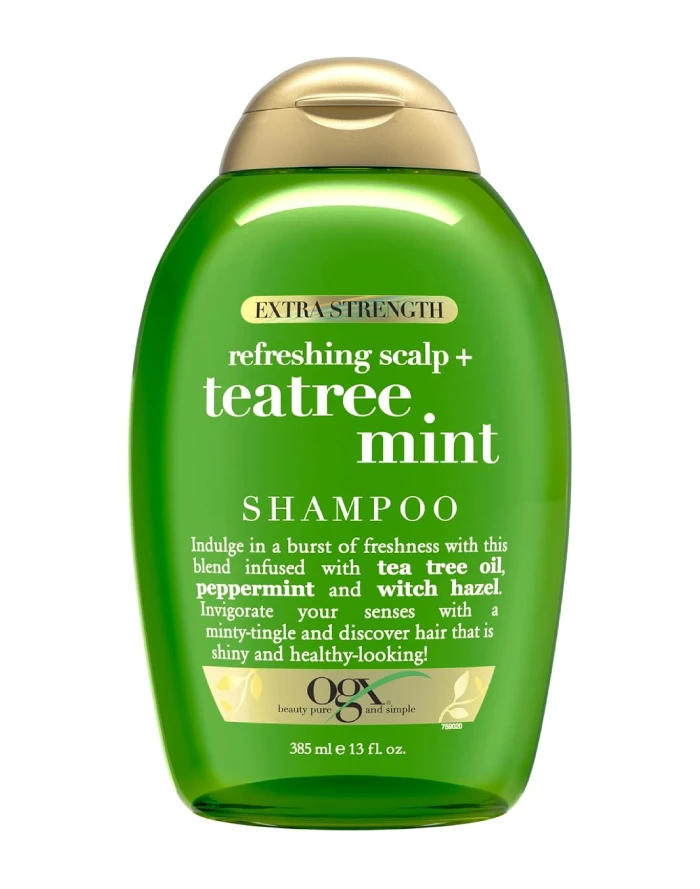
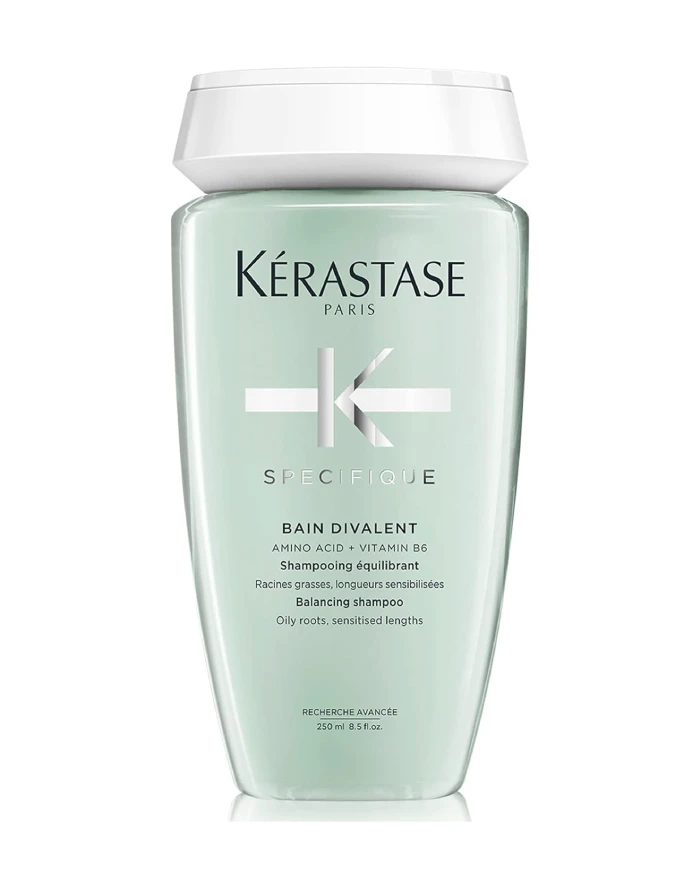
Try OGX Tea Tree Mint Shampoo or Kérastase Bain Divalent—both formulated to balance oil production and soothe the scalp.
Try the Kristin Ess Deep Clean Clarifying Shampoo, a great pick for cleaning product build-up, and the best part is its fragrance free!
Normal to Combination Scalp: Wash Every 3–4 Days
For those with a normal or combination scalp, you’re in a great place—your scalp naturally balances oil production, and your strands typically feel clean for several days. Washing your hair every 3–4 days is usually optimal, according to trichologists in the GCC. This frequency supports your scalp’s microbiome while preserving hydration.
Combination scalps may be oily at the roots and dry at the ends. In this case, use gentle shampoos at the scalp and a hydrating conditioner on the lengths and tips. Avoid applying conditioner near the scalp, as this can lead to buildup and flat hair.
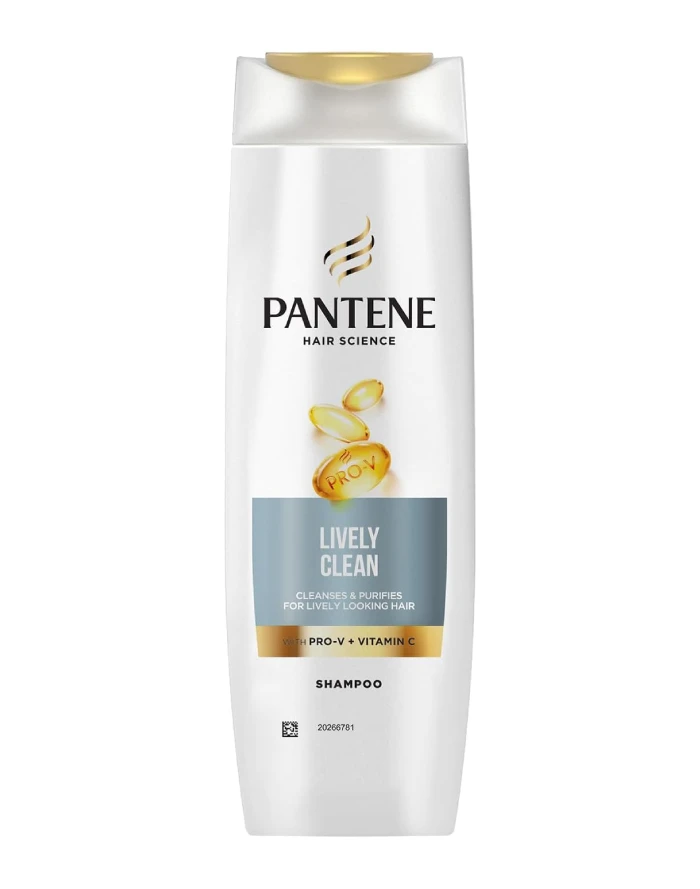
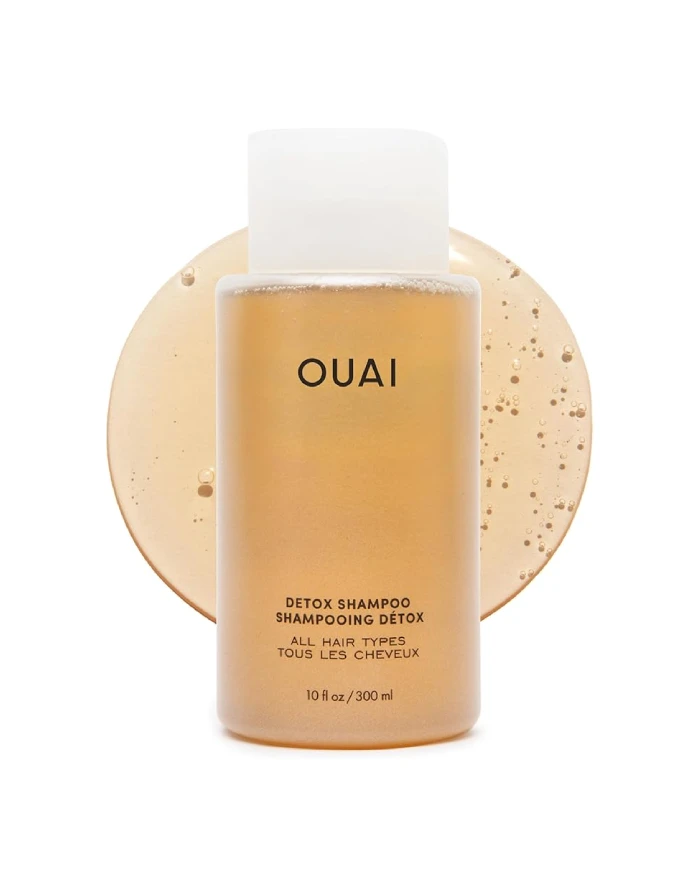
Top Product Pick: Pantene Advanced Hair Care Solution Lively Clean Shampoo – This phthalate-free shampoo has a gel texture which can have a cooling effect on your scalp after a long day in the sun, perfect for normal to slightly dry scalp types.
For all scalp types, the OUAI Detox Shampoo would be the perfect product to include your hair wash routine.
Dry or Sensitive Scalp: Wash Once or Twice a Week
A dry scalp—often caused by harsh weather, hard water, and overuse of heat tools—is common in the desert climate of the GCC. If your scalp feels tight, itchy, or flaky, you likely have a dry or sensitive scalp that needs gentle care.
Experts recommend limiting hair washing to once or twice a week to preserve natural oils and avoid further irritation. Opt for mild, hydrating haircare enriched with aloe vera, hyaluronic acid, or oat extract, which can calm inflammation while providing moisture.
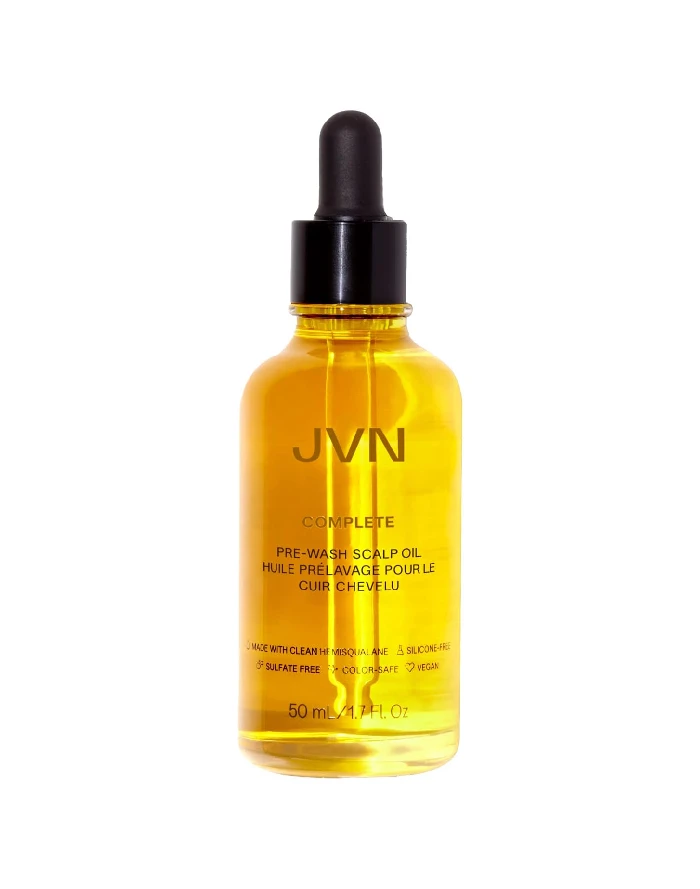
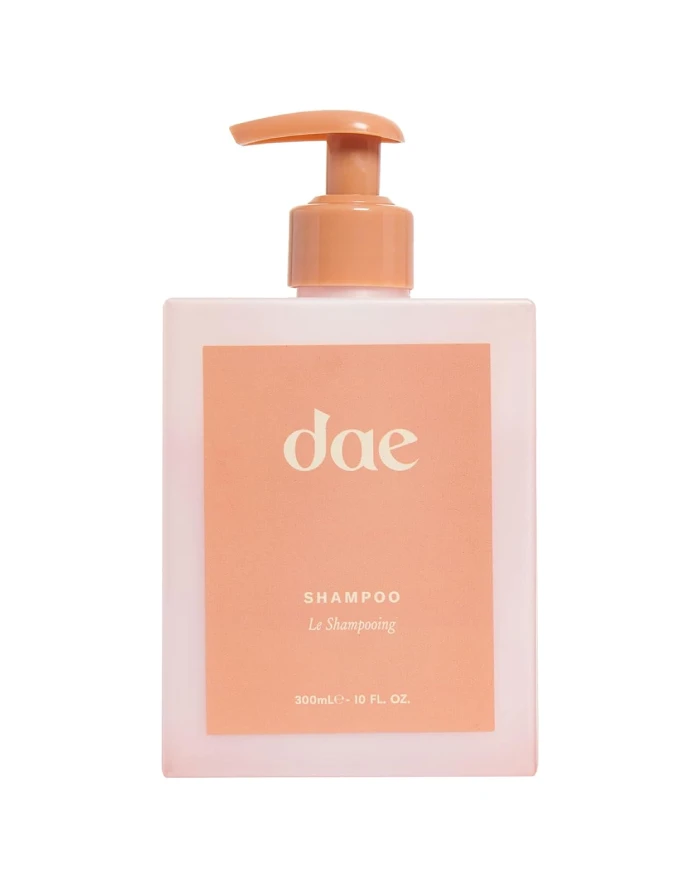
Recommended Products: JVN Complete Pre-Wash Scalp Oil is a trending product for its nourishing blend of rosemary, neem, and turmeric—all excellent for soothing dry scalp conditions.
The DAE Signature Shampoo is also great for dry scalp types, with straight, wavy and coloured hair. Since this is a creamy, gentle cleanser it will not further dry out your scalp.
Dandruff, Itchy or Flaky Scalp: Wash Twice or Thrice a Week
Dandruff is usually caused by an overgrowth of the Malassezia yeast on the scalp, combined with excess oil or sensitivity to hair products. For dandruff-prone scalps, experts recommend washing 2–3 times a week with a medicated or anti-fungal shampoo.
Your main focus should be on keeping the Malassezia yeast on the scalp at bay. Try not to use oils on your scalp since Malassezia feeds on the dirt that gets clogged in the oils. Look for ingredients like pyrithione zinc, ketoconazole, salicylic acid, coal tar, or tea tree oil, which actively reduce yeast growth and flaking.
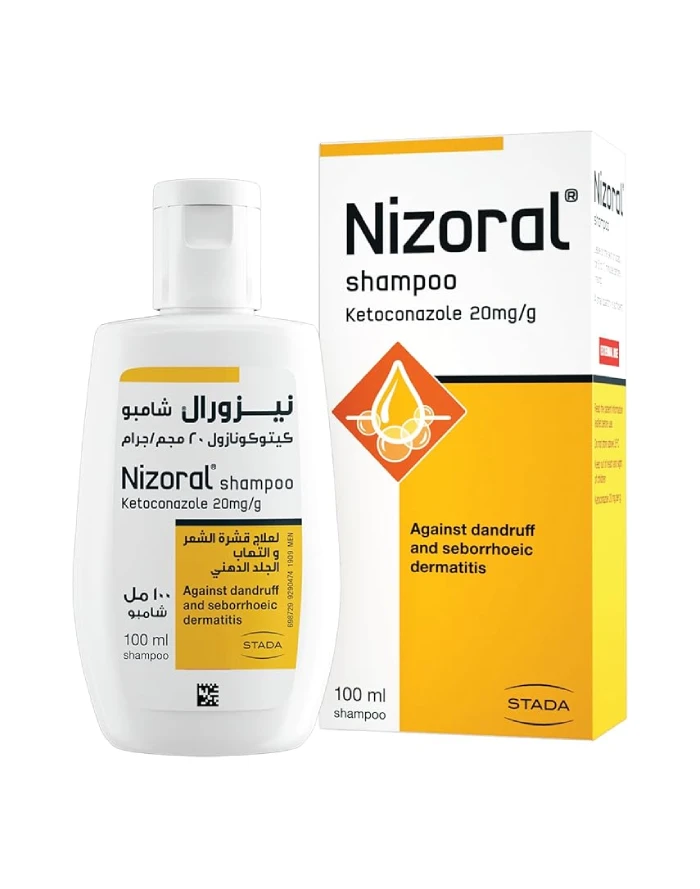
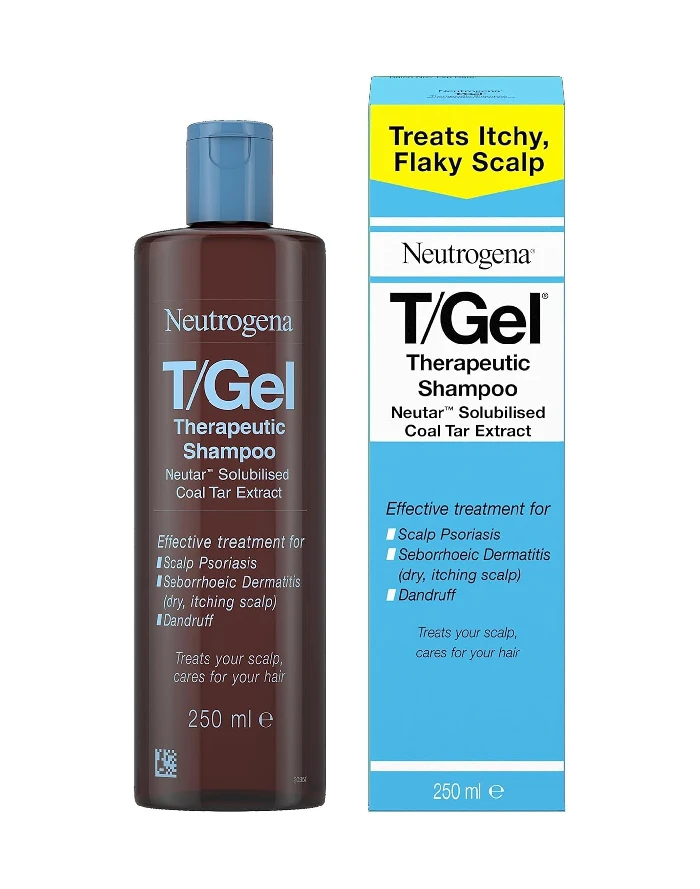
Check out this clinically proven Nizoral Ketoconazole Anti-Dandruff Treatment Shampoo – (ketoconazole-based) – highly recommended by dermatologists in the GCC.
The Neutrogena T/Gel Therapeutic Shampoo is ideal for moderate to severe cases.
Head & Shoulders Clinical Strength Dandruff Defense Intensive Itch Relief Shampoo is a popular option.
It’s important to let the shampoo sit on the scalp for 2–5 minutes before rinsing to maximize its effectiveness. Avoid heavy oils or conditioners on the scalp, as they can worsen buildup.
Conclusion
Washing your hair isn’t just about appearance—it’s a critical step in overall scalp health, which directly impacts hair growth, thickness, and strength. By aligning your wash routine with your unique scalp type, you’ll create a strong foundation for beautiful, long-lasting hair.









